
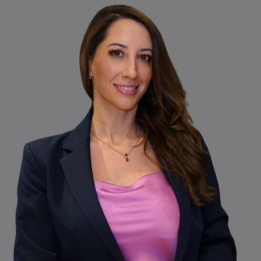
Senior manager and Head of legal | Emirates Flight Catering
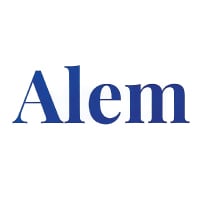
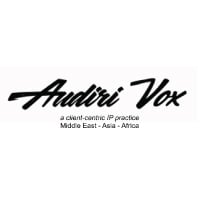
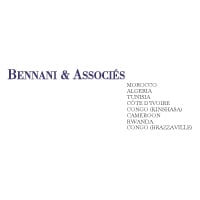
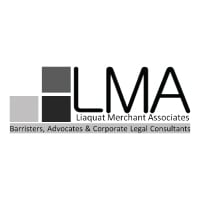
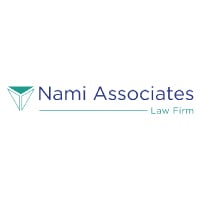
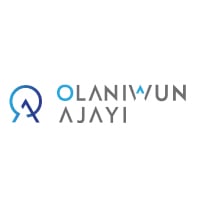
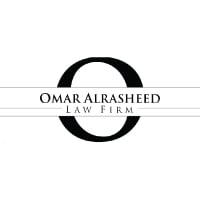
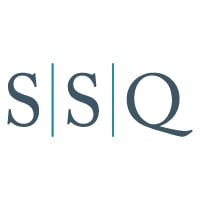
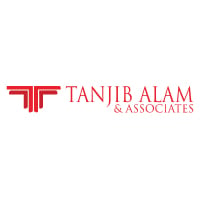


Eliana Fonseca
Senior manager and Head of legal | Emirates Flight Catering
What are the key projects that you have been involved in over the past 12 months?
Over the past year, I have worked on a wide spectrum of matters that directly supported our company’s growth, diversification, expansion, and digital transformation. These included negotiating and advising on high-value local and international contracts with key players, supporting major catering events, and contributing to strategic initiatives spanning construction, M&A, regulatory, employment, and technology-driven projects. Many of these initiatives demanded navigating the complex intersections of business, legal, and technical domains, and I have always positioned legal as part of the business engine and ensuring our guidance safeguards compliance while also enabling innovation and unlocking opportunity.
I have made it a priority that legal has a seat at the table for every major project, embedding the function into the company’s decision-making process. This has allowed us to act not only as risk managers but as strategic partners. I encourage my team to think beyond narrow legal answers, to approach issues holistically, and to provide advice that is both reliable and commercially attuned. It’s led to us being invited more often into conversations where solutions need to cut across functions.
What do you think are the most important attributes for a modern in-house counsel to possess?
The modern in-house counsel must be more than a lawyer; they must be a business partner, a strategist, and sometimes even a change agent. This means rolling up their sleeves and stepping beyond the desk to truly understand the business they serve. Advice must be pragmatic, commercially aware, and contextualised to the environment in which the company operates. In-house counsels today must translate complexity into clarity, anticipate risks before they surface, and craft solutions that balance compliance with commercial ambition. Creativity, curiosity, and adaptability are no longer optional. Above all, an effective in-house lawyer must be trusted: trusted to safeguard the company, to challenge when necessary, and to enable growth without losing sight of risk.
Based on your experiences in the past year, are there any trends in the legal or business world that you are keeping an eye on, of which you think other in-house lawyers should be mindful?
The legal world is moving quickly, and in-house lawyers must keep pace. On the legal side, data privacy, AI governance, ESG accountability, and integrated GRC frameworks are reshaping how companies operate and what they expect from their legal teams. These are no longer niche issues but core business priorities.
Equally transformative are the shifts in Legal Ops. Legal project management, AI-powered tools, and data-driven insights are redefining how legal functions deliver value. Efficiency, transparency, and measurable impact are becoming just as important as legal accuracy. The future in-house counsel must embrace technological fluency and operational excellence alongside legal expertise, blending these dimensions to provide advice that is strategic, agile, and impactful.